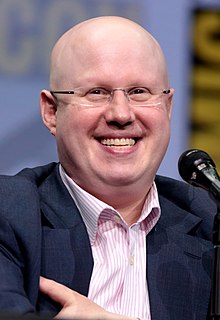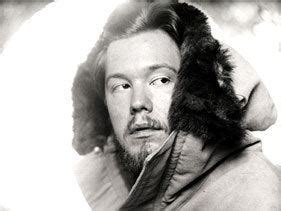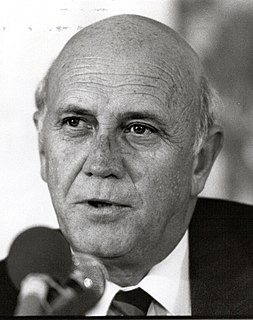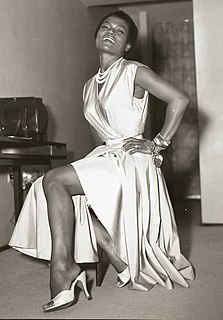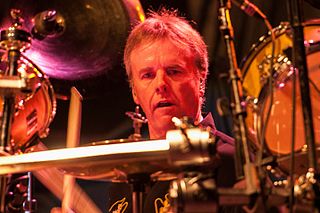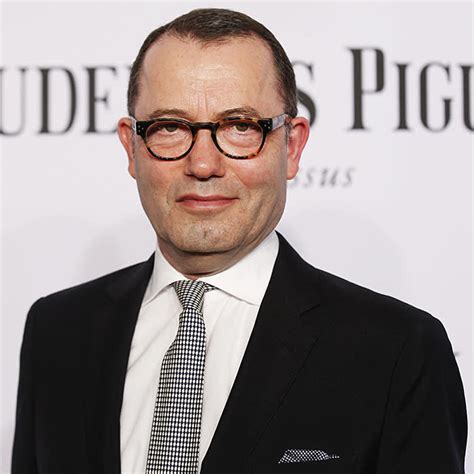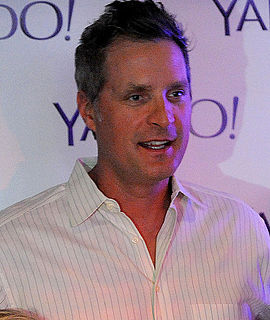A Quote by Bryce Dessner
We've played in places where there were more of us onstage than in the audience.
Related Quotes
I played Thersites and I remember we were also doing some places out of town before starting our run at The Old Vic in London and we were at the Yvonne Arnaud Theatre in Guildford and I walked on stage and I've got an opening speech that begins: "Agamemnon, how if he had boils?" And I went on and said: "Agamemnon..." And a woman in the front row just went 'tut'. I thought: "I've only done four syllables, give us a chance!" I got one word out and the audience were already tutting. It was worse than any heckle I ever had doing comedy. So, I'll stick to gnomes.
Normally classical music is set up so you have professionals on a stage and a bunch of audience - it's us versus them. You spend your entire time as an audience member looking at the back of the conductor so you're already aware of a certain kind of hierarchy when you are there: there are people who can do it, who are on stage, and you aren't on stage so you can't do it. There's also a conductor who is telling the people who are onstage exactly what to do and when to do it and so you know that person is more important than the people on stage.
Sanctions kept us on our toes, it made us realize that we were drifting into a situation of growing isolation so I wouldn't go as far as to say sanctions didn't play a role but if I were to put on a scale, the issues of conscience played a much greater role than the sanctions. We could have withstood sanctions for many more years. We became experts in circumventing sanctions... So sanctions played a role but it wasn't the major role.
There are places in the world where it's easier than in the US to be a person who produces theory and not require the university for sustenance. And there are still places in the world where there is lively poetry communities largely divorced from academia. That's been destroyed in the US. In the US, famously, there were a lot of counter-spaces that lasted into the 60s and 70s, like the Black Arts Movement. They were systematically broken, often by the government, and the workshop arose in their place.
We played a show the other week at this festival and it was an audience that I'd never normally play in front of. That's one the greatest things about festivals: you don't always get your audience, you get people who just pop in out of curiosity. The reaction was amazing; there were people dancing, which we've never had, I guess because the message is pretty powerful and the performance is a lot more visceral than it has been previously. The audiences seem to be reacting to that really well and it's a wonderful thing, because at a performance you really bounce off your audience.
What is that which can never die It is that faithful force that is born into us that one that is greater than us that calls new seed to the open and battered and barren places so that we can be resown. It is this force in its insistence in its loyalty to us in its love of us in its most often mysterious ways that is far greater far more majestic and far more ancient than any heretofore ever known.


